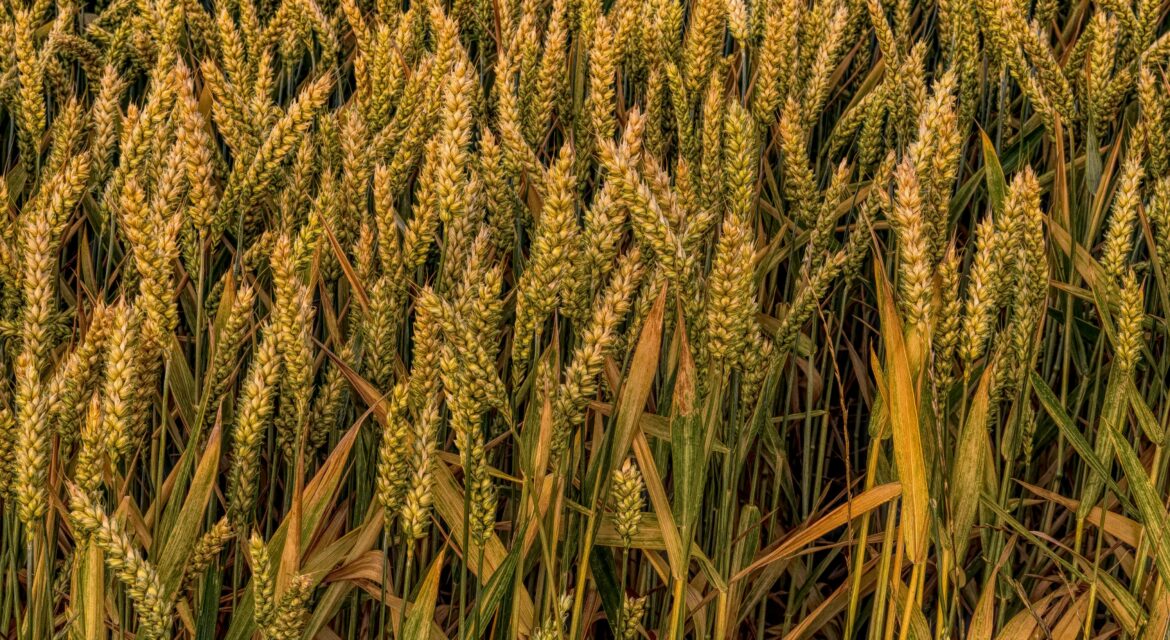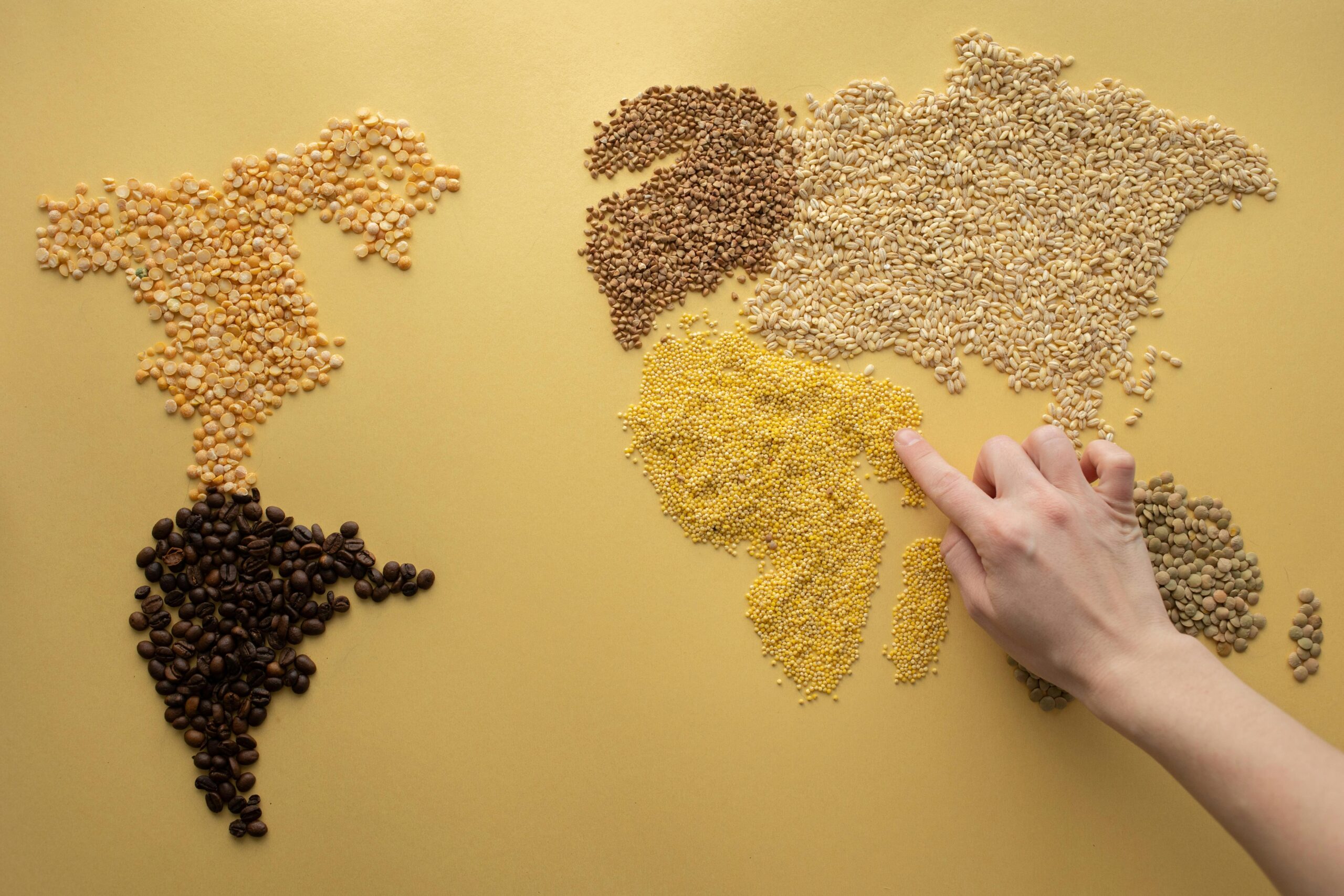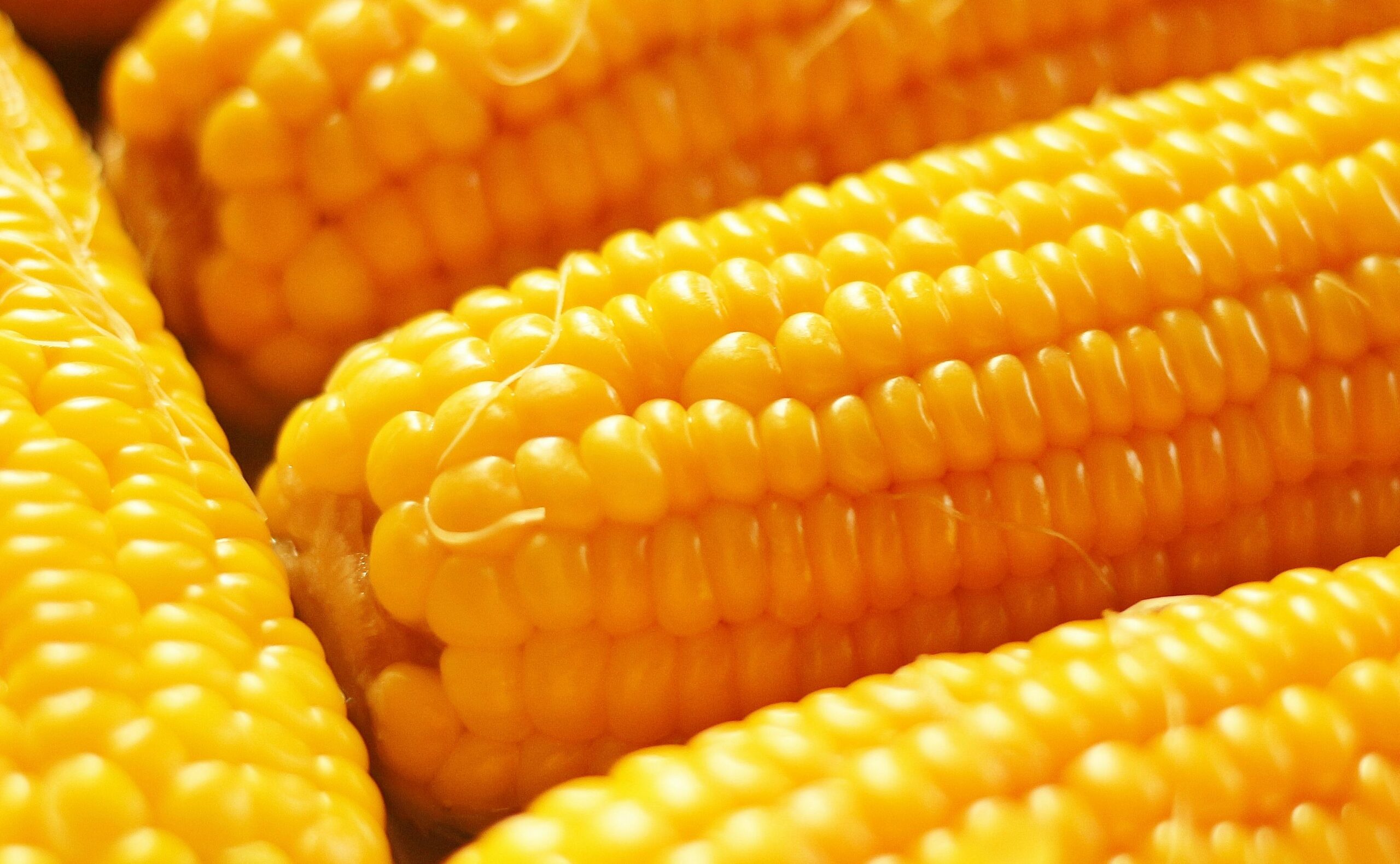Need Help?
Speak with a human to filling out a form? call corporate office and we will connect you with a team member help.
+91 7089937031
Superior Quality
- High Standards: Adhering to stringent quality control measures ensures that only the best grains reach the market.
- Organic and Non-GMO Options: Offering organically grown and non-GMO grains caters to health-conscious consumers.
Advanced Agricultural Practices
- Innovative Techniques: Utilizing the latest farming technologies to enhance yield and quality.
- Sustainable Farming: Implementing environmentally friendly practices to ensure long-term soil health and productivity.
- Integrated Pest Management (IPM): Reducing chemical use by integrating natural pest control method
Robust Supply Chain
- Efficient Logistics: Streamlined processes for harvesting, processing, and transporting grains ensure timely delivery.
- Global Network: Extensive network of partners and distributors allows for a broad reach and reliable supply.
- Storage Facilities: State-of-the-art storage facilities maintain grain quality during storage and transit.
Competitive Pricing
- Cost Efficiency: Optimizing production and supply chain processes to offer competitive pricing without compromising quality.
- Value for Money: Providing high-quality grains at reasonable prices, ensuring excellent value for customers.
Sustainable Practice
- Eco-Friendly Initiatives: Commitment to reducing carbon footprint and promoting sustainable agriculture.
- Community Support: Supporting local farming communities and contributing to their development.
Grains

Grains are a vital part of the global food supply, providing essential nutrients and serving as staple foods in many cultures. The export of grains is a significant aspect of global trade, influenced by various factors including climate, trade policies, and global demand. Promoting sustainable practices and addressing challenges such as climate change and market volatility are crucial for the future of grain production and export.
Nutritional Value of Grains
Grains are primarily composed of carbohydrates, which provide energy. They also contain varying amounts of protein, fiber, vitamins (especially B vitamins), and minerals (iron, magnesium, phosphorus). Whole grains are more nutritious than refined grains, as they retain the bran and germ, which are rich in nutrients and fiber.
Health Benefits
- Heart Health: Whole grains can reduce the risk of heart disease by lowering cholesterol levels.
- Digestive Health: High fiber content in whole grains aids in digestion and prevents constipation.
- Weight Management: Whole grains can help with weight management by promoting satiety and reducing overeating.
- Diabetes Management: Whole grains can improve blood sugar control due to their low glycemic index.
Our Benefits


By focusing on these areas, you can effectively communicate why your company stands out as the best in the export of grains. Highlighting these strengths not only builds trust with potential clients but also positions your company as a leader in the global grain market.
Wide Variety: They offer a diverse range of spices to meet various needs
Sustainability: They focus on sustainable and ethical sourcing practices.
Expertise: Their extensive experience in the spice industry ensures reliable and knowledgeable service.


